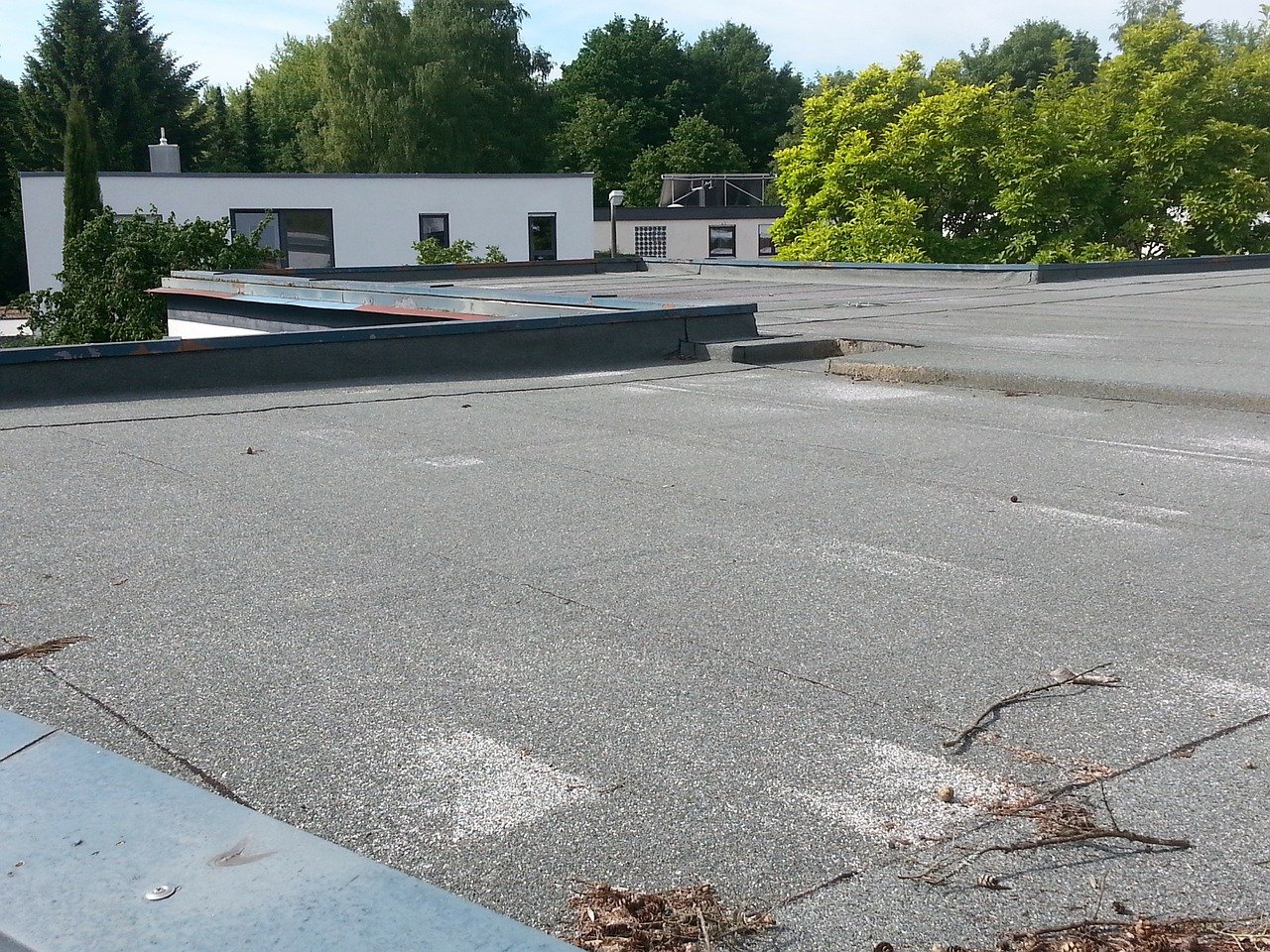You can seal almost anything using Flex Seal, including wood, concrete, tile, and porcelain. This indeed makes it hard to find an effective alternative, right?
On the contrary, there are a lot of alternatives to Flex Seal. They just didn’t gain enough popularity yet, although some of them cost a lot less than the former. Here’s a shortlist of efficient Flex Seal alternatives.
The Top 4 Liquid Rubber Alternatives to Flex Seal
If Flex Seal is out of your budget, or getting hard to find in nearby stores, here are four effective alternatives.
Liquid Rubber Waterproof Sealant
If you’re not big on sprays, you can opt for this liquid rubber sealant instead of Flex Seal. It’s especially useful for roof coating, in case you encounter leaks when it rains. You can use the liquid rubber on wood, metal, and concrete. It also works well for both flat and sloped roofs.
Applying a few coats of it will guarantee zero leaks. Its application is effortless; you only need to brush it over the affected area, and the rubber will harden into a waterproof layer. You should just take care to apply it on a clean, dry surface. Plus, make sure not to add any new layers until the new one dries.
Flex Seal’s application is easier, which is pretty normal since it’s a spray. However, the Liquid Rubber sealant is much more cost-efficient, and it works for the previously mentioned materials just as well.
One more thing to love about the Liquid Rubber is that it’s water-based, so it won’t harm the person applying it. On top of that, this makes it suitable for use inside your house.
Rain Guard Water Wood Sealer
Suppose your leak problem is mainly associated with rain, no need to pay a fortune for Flex Seal. This Rain Guard sealer will solve your issue just fine. In addition to that, it’s one of the most affordable sealants available.
The Rain Guard seal doesn’t only keep the rainwater out, but it also preserves the wood from any mold and mildew that may grow on top of it. And we all know outdoor wood is best friends with bacteria! Besides, the sealing isn’t only effective on wood; it’ll work well for any surface you use Flex Seal on.
In my opinion, the only downside to this product is that it needs mixing, whilst Flex Seal is sprayed instantly. You’ll need to adjust the seal’s ratio with water so the sealing works well.
Rust-Oleum Leak Seal Flexible Rubber Sealant
Out of all the options on our list, Rust-Oleum is the closest to Flex Seal. It’s a liquid rubber sealant spray that works precisely the same. Additionally, it dries to the touch, contrary to the slower-drying liquid options. The spray also cures in 24 hours, which is pretty good if you want fast-acting.
Rust-Oleum Leak Seal dries faster than Flex Seal, so it’s the better option for applying several coats.
That’s not the only feature where Leak Seal outperforms Flex Seal. There’s also the temperature resistance; Flex Seal deteriorates faster than it should under extreme weather conditions. That’s not the case with Leak Seal, though. It shows exceptional durability in cold and hot weather.
In terms of water resistance, Leak Seal shows high efficiency, the same as Flex Seal. Except for the fact that it costs a lot less. Both sealants aren’t designed to endure extreme pressure, so you’ll get the same outcome either way.
Leak Seal can’t be used on gasoline containers, so you’ll want to look for another option if that’s a priority. However, it’s highly flexible, which means it’ll expand and contract throughout the year without causing any cracks.
Liquid Rubber RV Roof Coating
If you’re looking for a liquid rubber sealant for RVing, look no further. This LR seal is affordable, efficient, and reliable. It’s an ideal choice for RV roofing, which needs to be taken care of because replacing it costs a lot of money.
The LR sealant provides an elastomeric layer that waterproofs the RV’s roof, thereby preventing any potential leaks from occurring. It’s easy to apply, and it’s eco-friendly, thanks to the fact that it’s water-based.
On top of all that, the LR sealant is UV-resistant. It prevents the sun’s harmful rays from deteriorating the waterproof layer. It’s also empty of toxic solvents, so it’s safe for both humans and animals.
The LR isn’t only useful for RV roofs; it has a lot of other uses. You can apply it to flat roofs, metal roofs, trailers, gutters, and fences. It works well for a wide variety of materials, including wood, concrete, and metal. You can also use it outdoors and indoors.
Are These Products Better Than Flex Seal?
Now, you have four products that you can use instead of Flex Seal. But the critical question remains: are they as effective?
The answer is that it depends. There are a couple of questions you need to answer first. What will you use the liquid rubber seal for? And more importantly, what do you want out of it?
If you want a fast-acting liquid rubber sealant, go for a spray option. It dries faster, and it doesn’t require any mixing beforehand. The Rust-Oleum will be an ideal option in this case. It outperforms Flex Seal in a lot of factors, and it’s much less expensive.
On the other hand, if you don’t mind some mixing and you want a sealant that’ll endure extreme conditions, you can go for the LR RV Roof Coating. It works on plenty of surfaces, and it costs less than Flex Seal. It might not be as withstanding as the former, but it does its job just fine.
The Final Verdict
There’s no need to get something out of your budget when there are alternatives available. Especially that the performance differences aren’t drastic; some of them even outperform Flex Seal.
You can give one of the alternatives a try for your next project!





